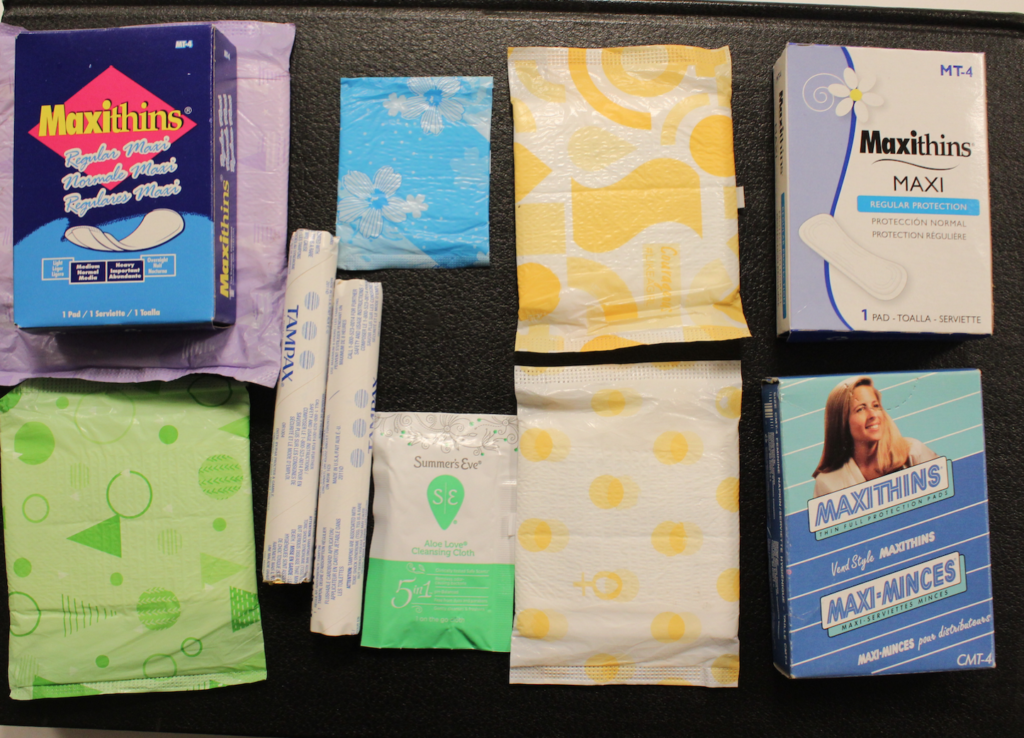
Shark Week, Aunt Flo, the Crimson horror, the tomato truck, or just periods. Menstruation goes by many names and the hygienic management of which should be a human right.
UW claims to be “at the forefront of innovation” yet menstrual hygiene is one area where the university is behind the curve.
Menstrual equity has been sweeping across North America and the rest of the world, and it’s time for UW to catch up and take action.
The university wouldn’t be doing something novel but would be joining institutions across Canada to recognize the importance of menstrual health as a part of educational equality, and the wellbeing of students on campus.
All public schools in British Columbia, Toronto, multiple colleges, the City of Victoria, and federally regulated workplaces are all working on, or have implemented, policies to provide free menstrual products.
It’s well documented that when people who menstruate go through their periods, without adequate Menstrual Hygiene Management (MHM), they miss educational time.
It is vital for proper student health and well being to have access to menstrual supplies.
Students are being held back when we have to go all the way to the SLC, or off-campus to buy menstrual products that are basic health necessities.
There are many problems with this system.
First, is the problem of period poverty.
The phenomenon where menstruators are unable to afford the supplies necessary to manage their periods.
Many of us here at university are on a tight budget, and the high cost of MHM is an undue burden.
Second, there is the matter of student health.
Menstrual hygiene products count as health products according to the Government of Canada.
The university provides health services for its students, yet it doesn’t provide the health services menstruators need in regards to accessing necessary supplies.
When people don’t have access to menstrual products, or struggle to afford them, they frequently resort to unsafe and ineffective practices such as wearing products much longer than they’re intended to be used, or creating makeshift pads and tampons with unhygienic materials.
The university has a responsibility to student health and, therefore, has a responsibility to provide the necessities for students.
This responsibility is particularly true for those students in residence, where there aren’t even dispensers in the washrooms to get supplies in the case of an emergency.
The third is a matter of educational equity.
All students have an equal right to attend class.
To uphold this right, all students, regardless of their sex, need access to the basic hygiene necessary to make it into the classroom to learn.
Not all menstruators are women, so hygiene supplies must be available in women’s, gender-neutral, and men’s washrooms.
Currently, not all students at the UW are receiving equal access to the education that we are paying thousands of dollars for.
Some may push back on such a measure because of the cost, like the City of Cambridge, which rejected the notion of supplying menstrual products by calling for a staff report including cost, before the motion could be accepted.
While the City of Cambridge’s decision is disappointing, UW is coming from a slightly different place on cost.
Last year the university had a projected operating surplus of $100,000. It would clearly not be a burden on the school to include menstrual products in the supplies purchased by the university.
The school already supplies toilet paper and gives out condoms, so why wouldn’t they supply these products necessary for student health when they have the means to do so?
It’s time for a change.
Period.





























